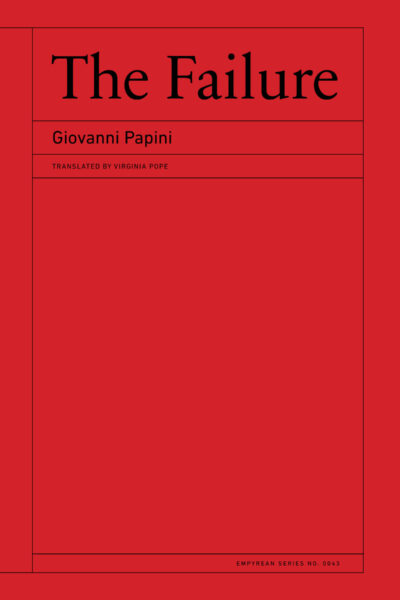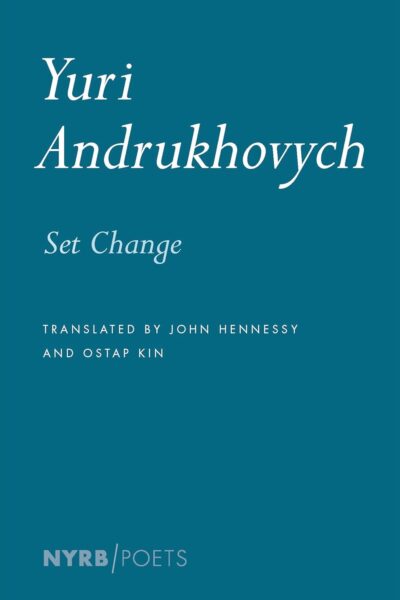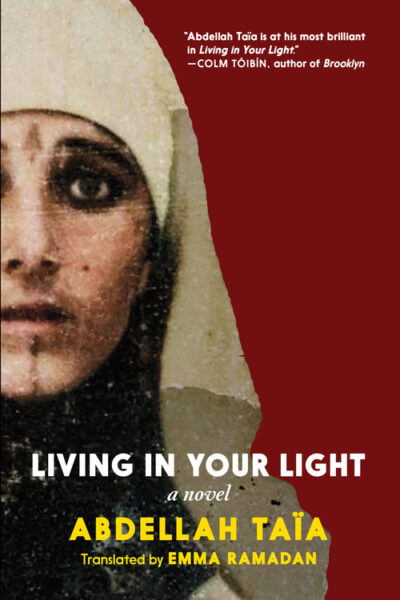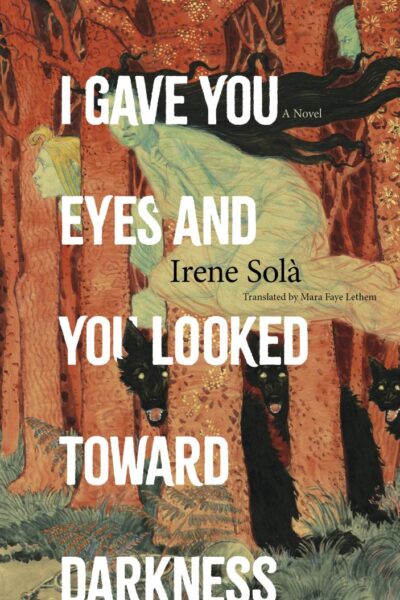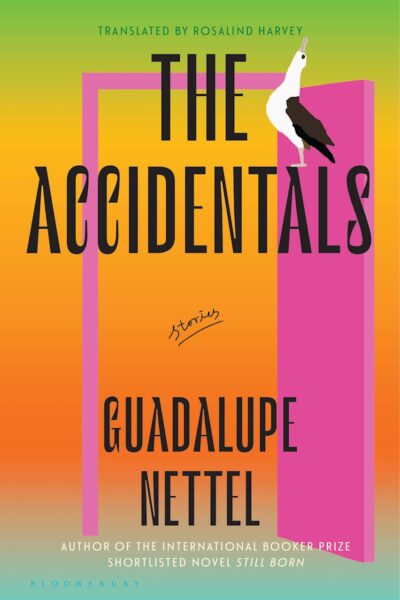Lili Is Crying – Hélène Bessette
Absent mothers beget resentment or yearning in their daughters; overpresent mothers make their hearts fester.
To conquer the infinitude of all things was the goal of Italian writer Giovanni Papini, who, in aid of this task, dedicated his life to embracing the various avant-garde intellectual movements that flashed through Italy in the first half of the 20th century.
Baglin catalogues those small psychological adjustments that are as important to learn as Point-of-Sale technology or managerial abbreviations if one wants to stay afloat in the modern workplace.
Set Change — Yuri Andrukhovych
A land of constant instability and change, Andrukhovych’s poetic world is simultaneously hopeless — the future is uncertain, cut short — and teeming with the hope of a reclaimed past, which is never out of reach.
Living in Your Light — Abdellah Taïa
“There is no more animosity now,” Malika thinks, “We are equals.” Through this queer experience, Malika is not led to a new identitarian category (like zamel), but rather is able to disrupt the normative power imbalance between colonizer and colonial subject — at least for a moment.
I Gave You Eyes and You Looked Toward Darkness – Irene Solà
Solà’s latest novel asks you to follow her across the line between the living and the dead, to hold fascism and goat husbandry together with light slanting across a kitchen floor.
How does something “die octoberish?”
The Accidentals – Guadalupe Nettel
These characters are all trying to not feel so alone, in a world that is at every turn isolating and disorienting. And of course they are—we all are.
Ultramarine – Mariette Navarro
The sailor is a figure of subjectivity in and as flux, aspiring to the condition of the ever-changing sea.
There’s No Turning Back – Alba de Céspedes
One by one, the women of the Grimaldi will abandon the security of its walls, rather like an Il Duce-era Virgin Suicides.



